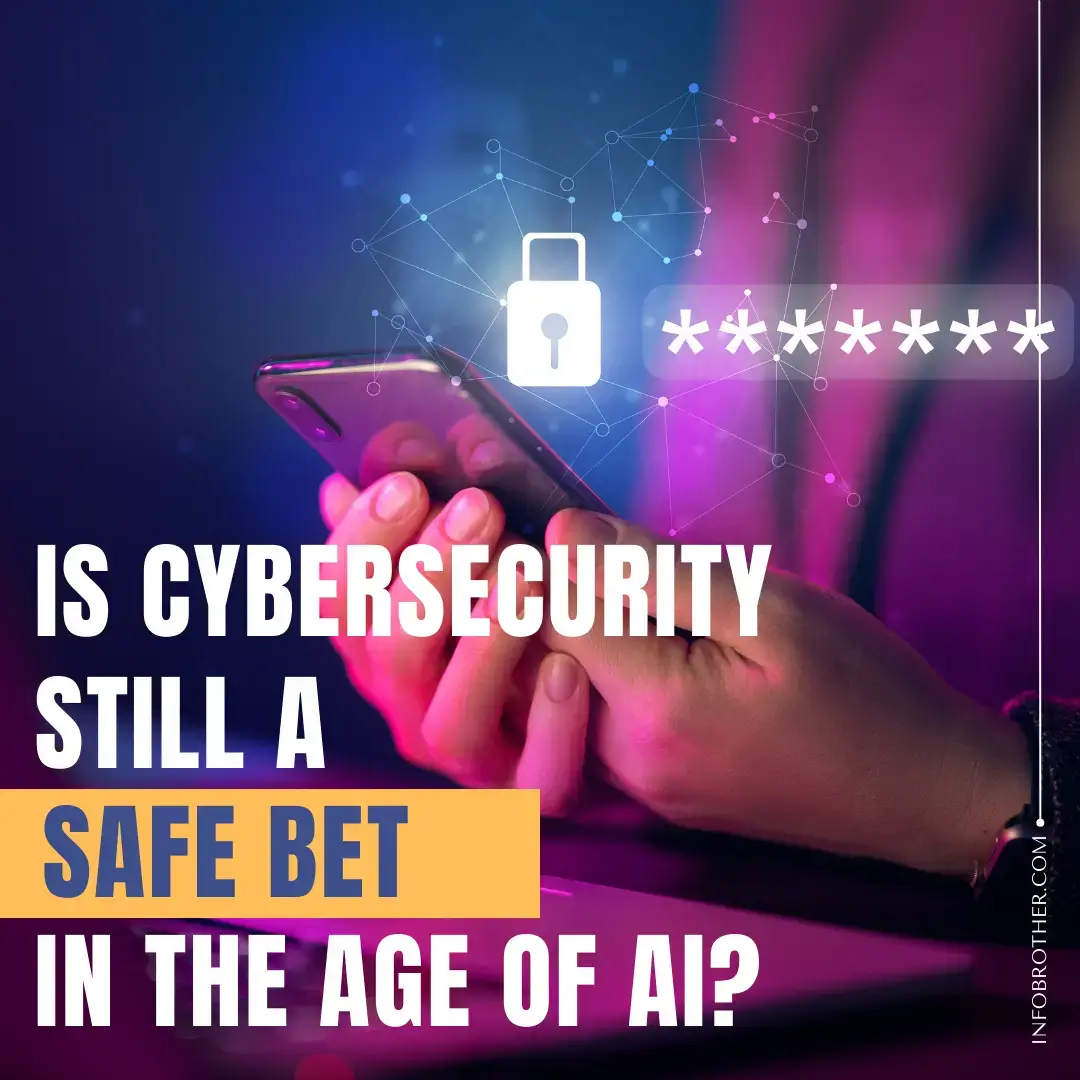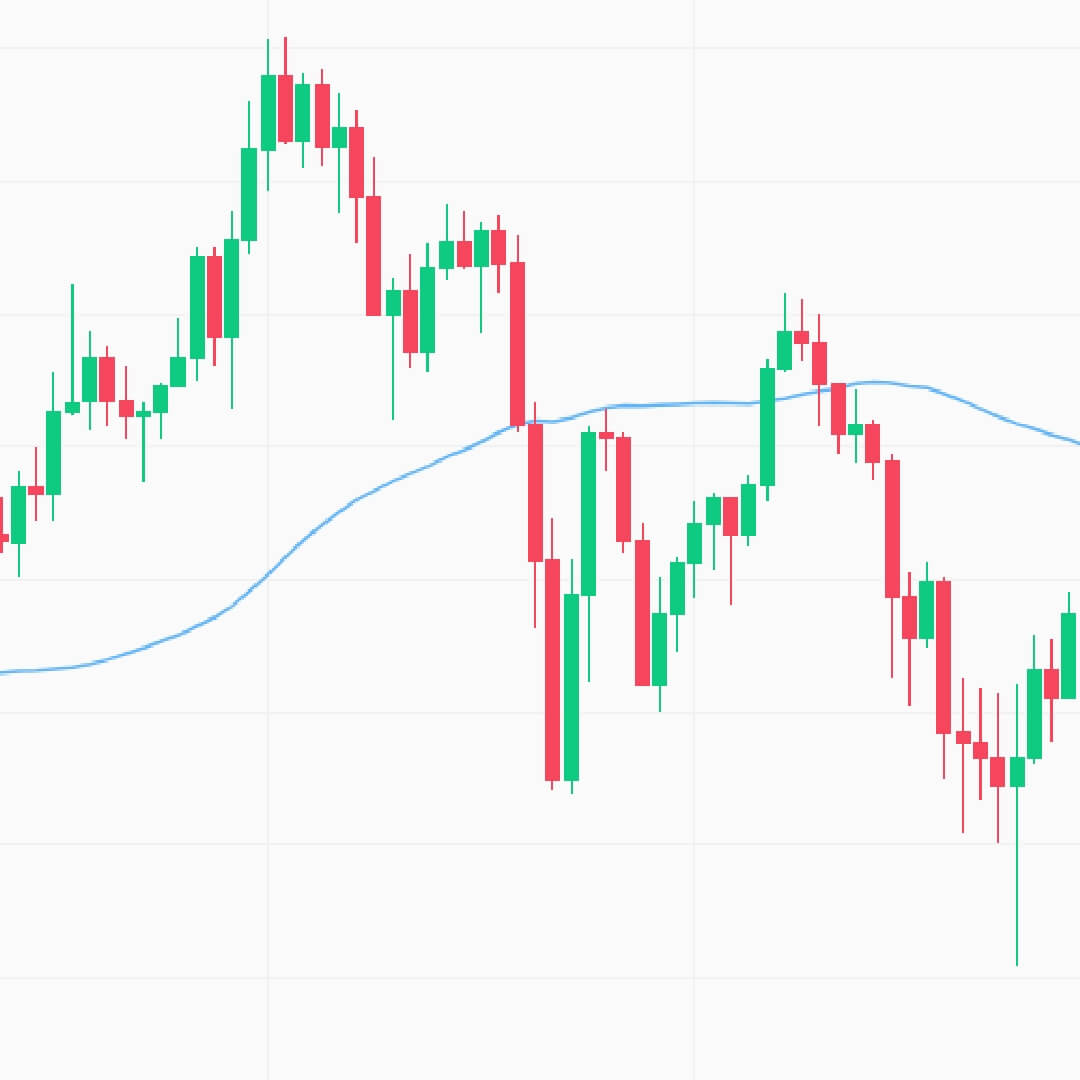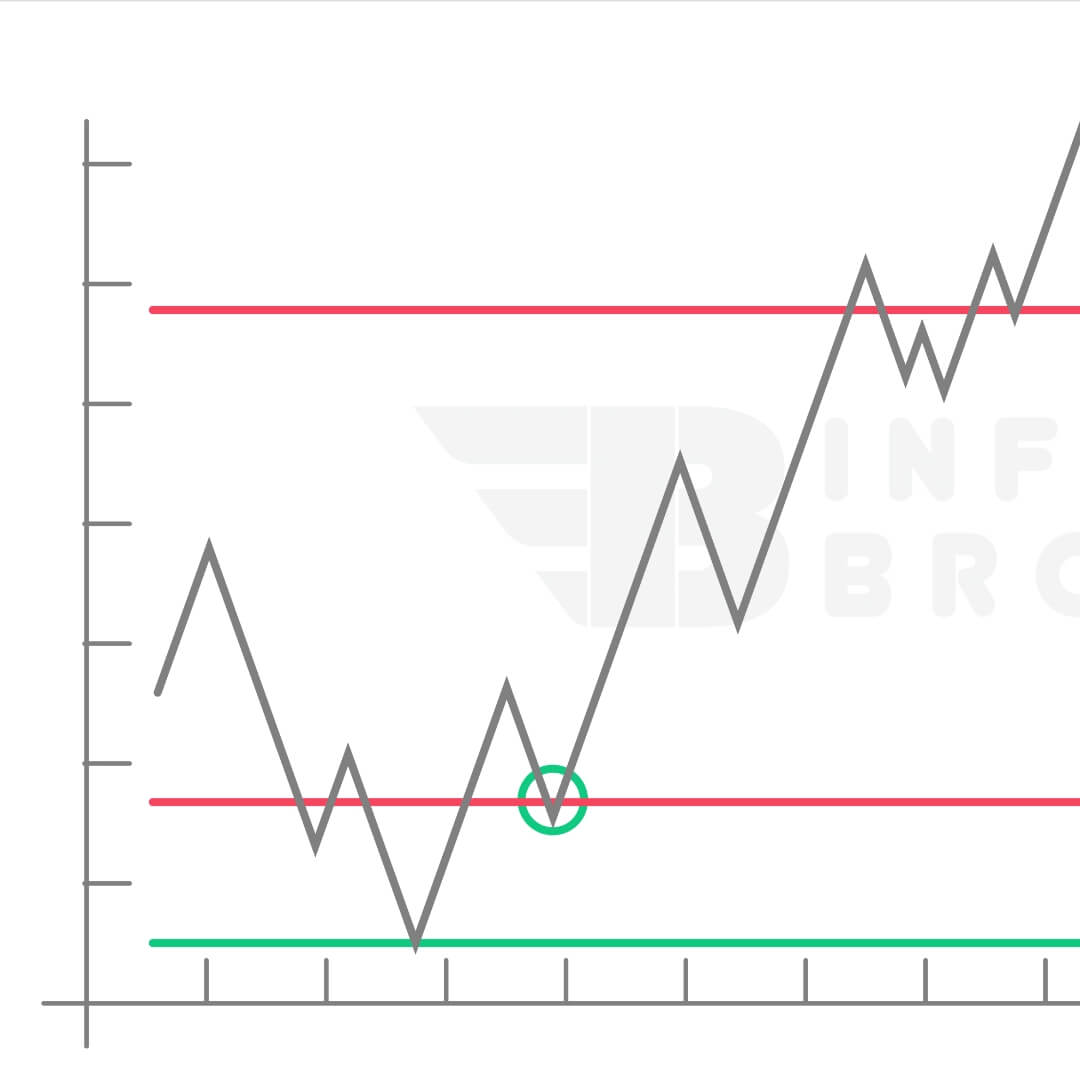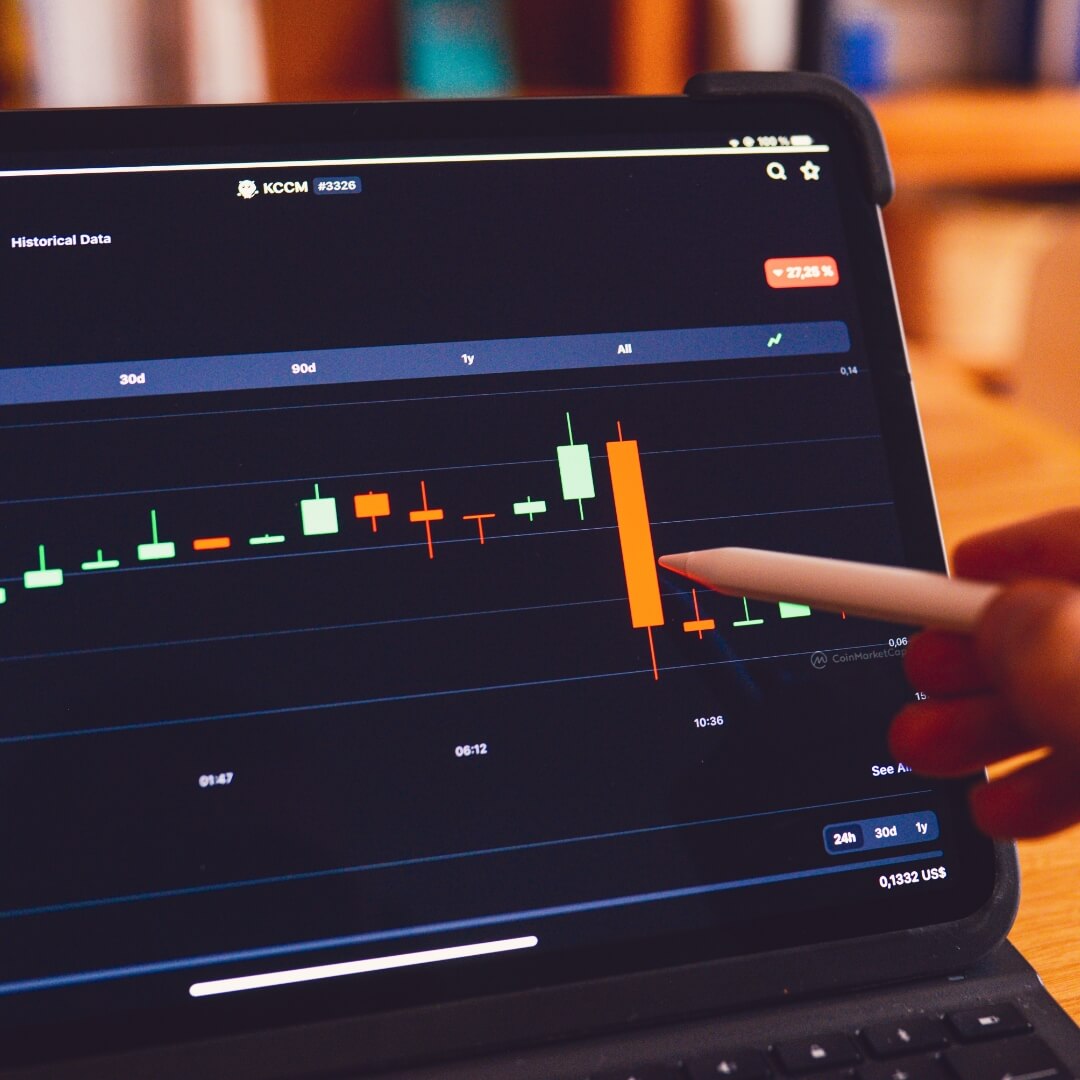Is CybersecurityStill a Safe Bet in the Age of AI? A Complete Roadmap to a Secure Career
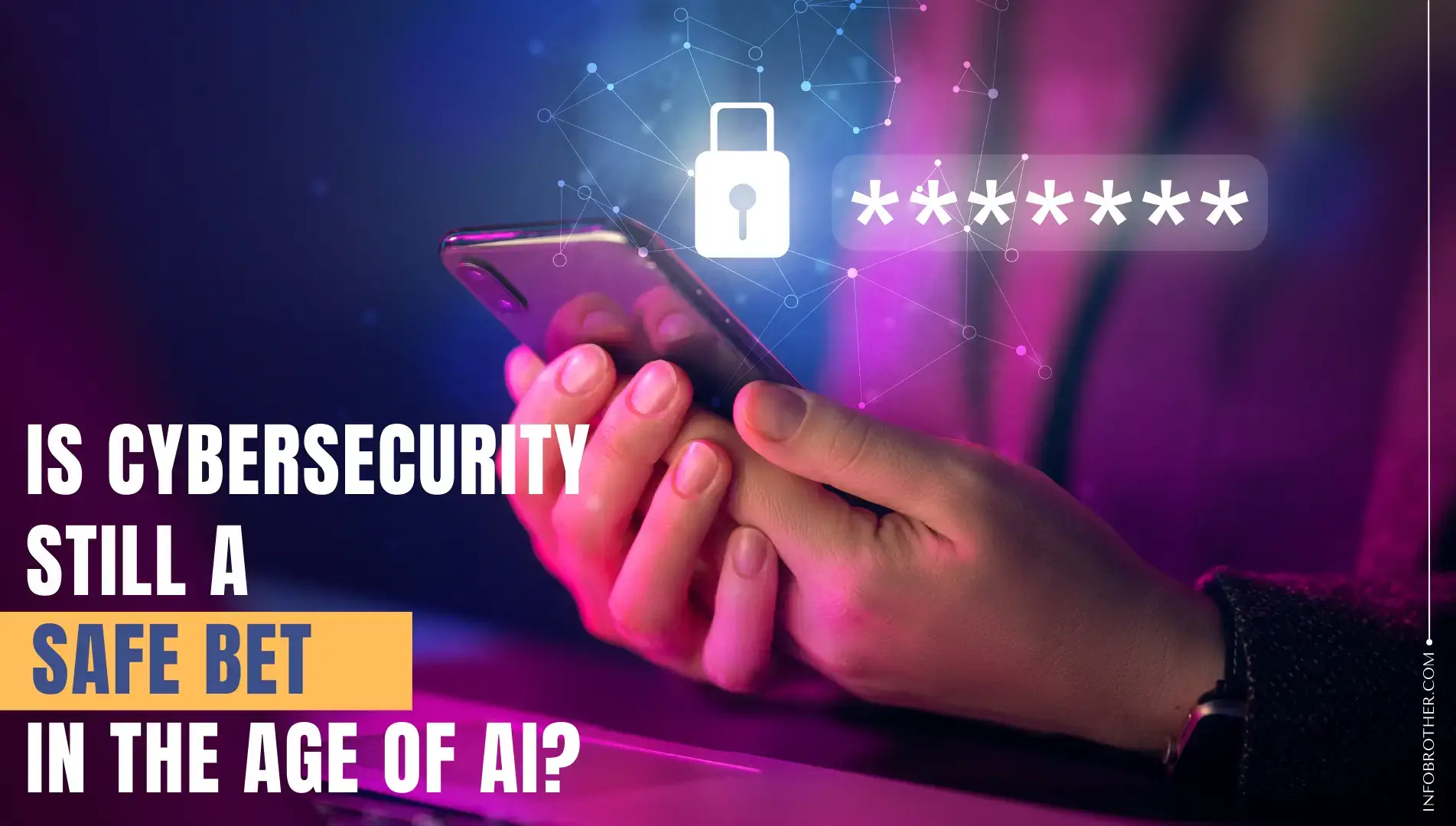
In today's digital age, everything is connected—banking, shopping, healthcare, and even home appliances rely on technology. While this brings convenience, it also introduces serious security risks. Cyberattacks, data breaches, and hacking attempts are more frequent than ever, making cybersecurity one of the most critical fields in IT.
But cybersecurity isn't just about computers—it's about protecting everything that uses technology, from your smartphone to vast corporate networks. With new threats emerging daily, businesses and individuals rely on cybersecurity professionals to safeguard sensitive data and keep systems secure.
But with AI rapidly evolving, some people wonder:
- Will AI replace cybersecurity jobs?
- Is cybersecurity still a good career choice for the future?
Let's explore these questions and break down a step-by-step roadmap to becoming a cybersecurity expert.
AI in IT: Do We Still Need Cybersecurity?
With the rise of artificial intelligence (AI) across industries, a common question arises:
With artificial intelligence (AI) making waves in the IT industry, many fear that cybersecurity jobs might become obsolete. The truth? AI is transforming cybersecurity, but it will never replace human expertise.
Here's why cybersecurity is still essential despite AI:
Rather than replacing jobs, AI is making cybersecurity professionals even more valuable—the demand for skilled experts is only increasing.
Is Cybersecurity Still a Secure Career in the Future?
With businesses rapidly adopting AI, cloud computing, and other advanced technologies, you might wonder:
The demand for cybersecurity professionals is skyrocketing. Here's why:
Future Trends in Cybersecurity
Looking ahead, cybersecurity will expand into new areas, including:
Step-by-Step Roadmap to Becoming a Cybersecurity Professional
Now that we know cybersecurity is here to stay, how do you build a career in it? Here's a complete guide:
01Master the Basics
Before specializing in cybersecurity, you need a solid foundation in IT.
- Learn networking fundamentals: Understand TCP/IP, DNS, HTTP/HTTPS, IP addressing, and firewalls.
- Get comfortable with operating systems: Be proficient in both Windows and Linux. Many cybersecurity professionals rely on Kali Linux for penetration testing.
- Learn programming basics: Python is widely used in security automation, while Bash scripting helps manage Linux environments.
02Get Entry-Level Cybersecurity Certifications
Certifications help prove your knowledge and boost your job opportunities. Start with:
- CompTIA Security+:Covers security threats, risk management, and cryptography.
- Certified Ethical Hacker (CEH):Teaches ethical hacking techniques.
- CompTIA Cybersecurity Analyst (CySA+):Focuses on threat detection and security analytics.
03Gain Hands-On Experience
Cybersecurity is a practical field, so real-world experience is key. Here's how to start:
- Set up your own cybersecurity lab:Use VMware or VirtualBox to create test environments. Install Kali Linux and practice ethical hacking.
- Join Capture the Flag (CTF) challenges:Websites like Hack The Box and TryHackMe let you solve security puzzles and hack test systems.
- Look for internships or entry-level jobs:Start with roles like Security Analyst or IT Support to gain hands-on experience.
04Get Advanced Certifications for Career Growth
Once you've got some experience, aim for higher-level certifications to advance your career:
These certifications boost your credibility and earning potential.
05Specialize in a Cybersecurity Niche
Cybersecurity is a broad field. Find your specialty based on your interests:
- Penetration Testing (Ethical Hacking):Try Offensive Security Certified Professional (OSCP) certification.
- Incident Response & Forensics:Investigate cyberattacks and collect digital evidence.
- Cloud Security:Secure cloud environments (AWS, Azure).
- Security Architecture:Design secure systems and networks for businesses.
Specializing makes you stand out in the job market.
06Stay Updated and Build a Network
Cybersecurity is always evolving, so stay ahead:
- Follow top cybersecurity blogs like Krebs on Security and Dark Reading.
- Join cybersecurity communities like OWASP and ISACA.
- Attend cybersecurity conferences such as DEFCON and Black Hat.
07Build a Cybersecurity Portfolio
To stand out to employers, showcase your skills:
08Apply for Cybersecurity Jobs and Keep Learning
Once you're certified and experienced, start applying for high-demand cybersecurity roles:
AI and Cybersecurity: Is It Still Secure?
Despite AI's growing role in cybersecurity, human experts remain irreplaceable. AI can:
However, AI cannot make complex decisions or understand hacker mindsets the way humans can. Cybersecurity isn't going anywhere—it's evolving alongside AI.
The future of cybersecurity is a human-AI partnership, where AI assists, but people lead.
Final Thoughts: Why Cybersecurity Is the Future
Cybersecurity is one of the most stable, high-paying, and future-proof careers in the IT industry. With AI on the rise, cybersecurity jobs are more crucial than ever to keep our digital world safe.


